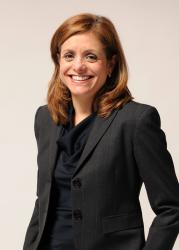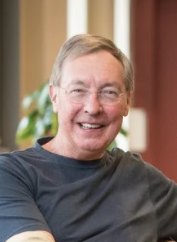

12:00 pm EST - 1:00 pm EST
Past Event
The “factory model” of education dominates the majority of American classrooms. Teachers are pressured to improve students’ reading and math scores on standardized tests, but assessments show that scores have remained mostly unchanged since the early 2000s. This model emerged in the early 20th century to mold students for the industrial economy but is not preparing students to thrive in the 21st century or addressing systemic inequalities. The narrow focus on content outcomes—rather than on the ability to critically think through a problem and apply new knowledge systemically—is insufficient, raising a critical question: What can replace it to provide all students with quality education in the 21st century?
Schools can capitalize on the growing consensus in the scientific community around how children learn and what children learn as a pathway to modern transformational reform. Evidence from the interdisciplinary science of learning shows that children learn best through the principles of guided play: adult-facilitated active and engaged learning that is meaningful, socially interactive, iterative, and joyful. Importantly, these principles apply both inside and outside the classroom.
In today’s globalized, rapidly changing world, children need to develop a breadth of skills beyond numeracy and literacy that allow them to engage in independent lifelong learning. The 6 Cs—collaboration, communication, content, critical thinking, creative innovation, and confidence—are a suite of skills that are rooted in the science of learning and build on each other.
With the abrupt disruption to the education status quo wrought overnight by COVID-19, now is the time to rethink the classroom. On January 13, the Center for Universal Education (CUE) hosted a webinar to discuss a path to educational reform. Following a brief overview of the recent Policy 2020 report “A new path to education reform: Playful learning promotes 21st-century skills in schools and beyond” by Brookings Fellow Helen Hadani, a panel of experts shared their various perspectives on how to remake education, foster educational equity, and prepare students for a better future.
Viewers submitted questions via email to [email protected] or via Twitter at #21CSReform.
Moderator

Panelist



Isabelle Hau, Rebecca Winthrop
July 2, 2025

Lesley J. Turner, Zaria Roller, Sarah Reber
July 2, 2025

Jon Valant
July 1, 2025